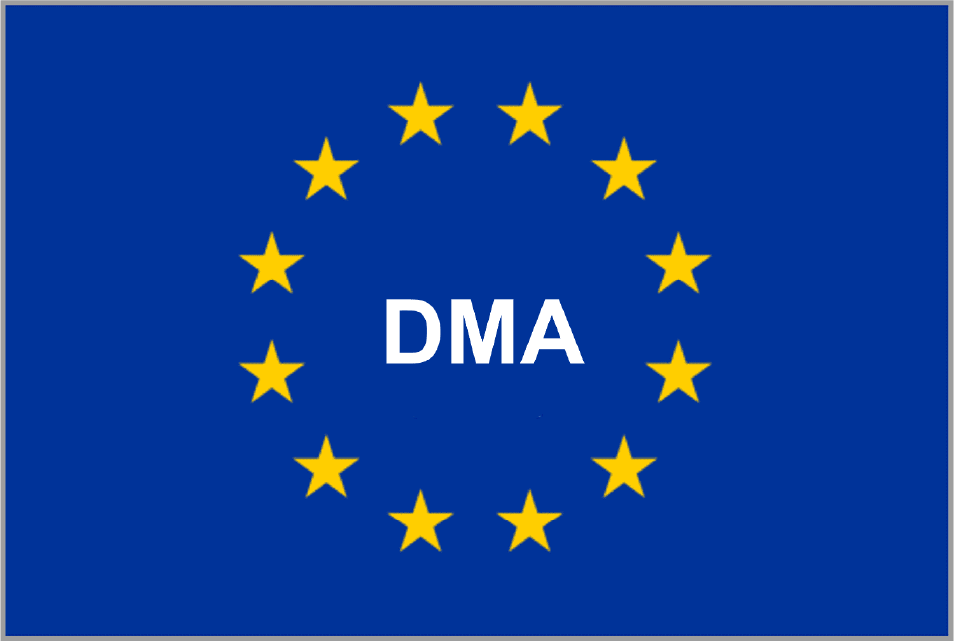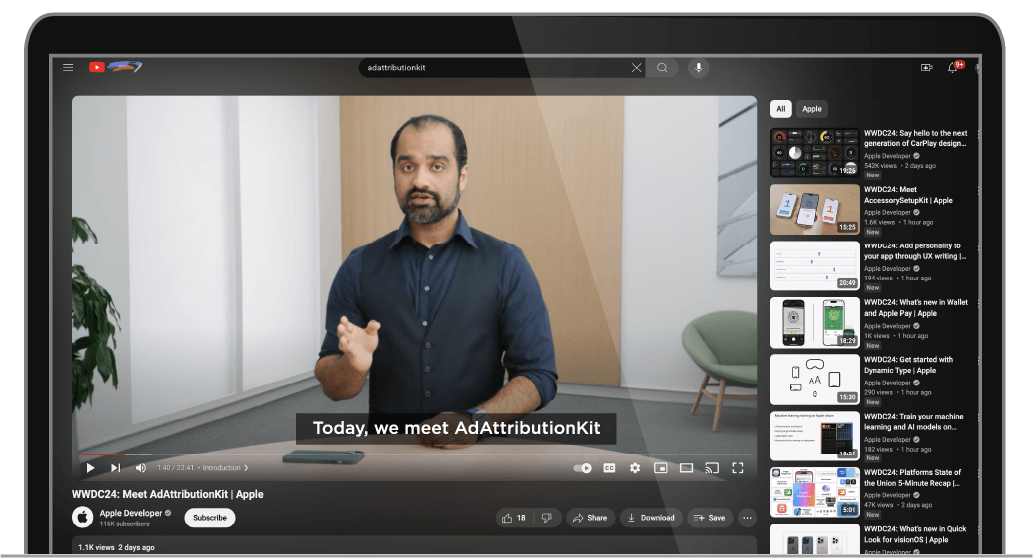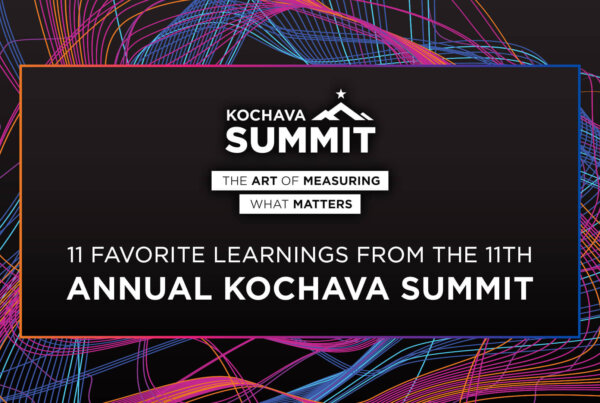iOS 18, Apple Intelligence & AdAttributionKit
AI was clearly the headliner at Apple’s Worldwide Developers Conference (WWDC) 2024. The possible impacts of Apple Intelligence on everything from app UI design and product search to content discovery and personalization could spell big changes not yet fully known. Apple’s integration of OpenAI’s ChatGPT into iOS 18 and the future evolution of Siri caught some off guard, particularly given Apple’s traditional protectionism. Nonetheless, this development unlocks generative AI-driven use cases across Apple’s products and services—and beyond.
Another callout is AdAttributionKit supplanting SKAdNetwork (SKAN) as the next generation of Apple’s privacy-preserving framework for app attribution. There was already some chatter on this possibility based on Apple’s quiet release of AdAttributionKit and changes in developer docs around SKAN 5. Will we see SKAN replaced by the acronym AAK?
Let’s explore these topics in further detail. For a more comprehensive discussion, check out this WWDC24-focused webinar.
AI, as in Apple Intelligence
Artificial Intelligence (AI) and Apple Intelligence (AI) are a welcome overlap as Apple makes its biggest leap yet into the generative AI arena.
 With privacy at the forefront via both Apple’s Private Cloud Compute and on-device processing, the company outlined how Apple Intelligence would tap into each user’s personal context (as opposed to the general context and world’s knowledge leveraged by ChatGPT, for instance). The personal context is curated from Notes, Messages, Mail, Photos, and other iOS applications to empower a new level of personalization, common task efficiencies, Siri voice and text promptings, image processing, and much more.
With privacy at the forefront via both Apple’s Private Cloud Compute and on-device processing, the company outlined how Apple Intelligence would tap into each user’s personal context (as opposed to the general context and world’s knowledge leveraged by ChatGPT, for instance). The personal context is curated from Notes, Messages, Mail, Photos, and other iOS applications to empower a new level of personalization, common task efficiencies, Siri voice and text promptings, image processing, and much more.
App developers and marketers have new opportunities to tap into these capabilities to evolve their customer experiences, in-app navigation, product searches, and other functionality. At the same time, this new AI may circumvent the user search process, traditionally a great source of user intent data. User journeys may change, leaving marketers a bit in the dark.
Apple Intelligence is set to arrive in beta this fall.
AdAttributionKit: What’s the Future of SKAdNetwork (SKAN)?
AdAttributionKit was released by Apple in early 2024, in advance of the European Union’s Digital Markets Act (DMA). The DMA went into effect in March and requires Apple (and other large digital platforms providing core platform services) to permit app downloads from third-party app stores and marketplaces.


The gatekeeper shall allow and technically enable the installation and effective use of third-party software applications or software application stores using, or interoperating with, its operating system and allow those software applications or software application stores to be accessed by means other than the relevant core platform services of that gatekeeper.
Digital Markets Act, Article 6, 4
While SKAdNetwork was created specifically to work on the App Store, AdAttributionKit works with the App Store and alternative app marketplaces—the future of app distribution on iOS. There are two versions: App AdAttributionKit is specific to app install ads, whereas Web AdAttributionKit (a replacement for Private Click Measurement [PCM]) focuses on web ads and web marketplaces.
“
Today, I’m happy to introduce AdAttributionKit, our new ad attribution framework for iOS and iPadOS built on top of SKAdNetwork fundamentals.
Nikhil Varma, App Store Engineering, Apple
Meet AdAttributionKit WWDC24 Session

Industry consensus is that Apple is positioning AdAttributionKit to eventually supplant SKAN. Changes within Apple developer documentation, particularly for SKAN 5 (which has been replaced by mentions of AdAttributionKit), point in this direction. One wonders what would have become of SKAN 5 had the EU’s DMA not set Apple on a new course. Reengagement support is no longer coming to SKAN, but will be arriving with the AdAttributionKit on iOS 18.
AdAttributionKit functionality is similar to that of SKAN 4. In both SKAN 4 and AdAttributionKit, there are similar APIs to report conversion updates for postbacks; however, with AdAttributionKit these APIs have additional features and are updated to better align with Swift’s new concurrency model introduced a few years ago.
As of now, AdAttributionKit is being framed as something that can (and should) live alongside SKAN, but the question may be for how long.

The Kochava iOS Measurement SDK will be updated to utilize this new framework and its new APIs. It’s currently unclear whether the new framework can completely replace SKAN 4 support, or if the two must be used in parallel for some extended time moving forward. The latter appears more likely.
Watch the complete WWDC24 session on AdAttributionKit HERE.
visionOS 2
Apple also announced visionOS 2, which further enhances spatial computing experiences on its virtual reality (VR) device, Vision Pro. Apple notes that there are 2,000 spatial apps designed for Vision Pro and another 1.5 million compatible applications across both iOS and iPadOS.
With Vision Pro becoming available for purchase in February and global availability expanding later in June, use of the VR device could rise sharply. Kochava supports marketers and developers with out-of-the-box measurement of Apple’s Vision Pro with its iOS SDK update released in February. Learn more in this related product update post.
Stay Tuned
Subscribe to our newsletter to stay updated on forthcoming developments based on announcements at WWDC24. Be sure to check out this WWDC24-focused webinar for a deeper discussion on takeaways from the event.



